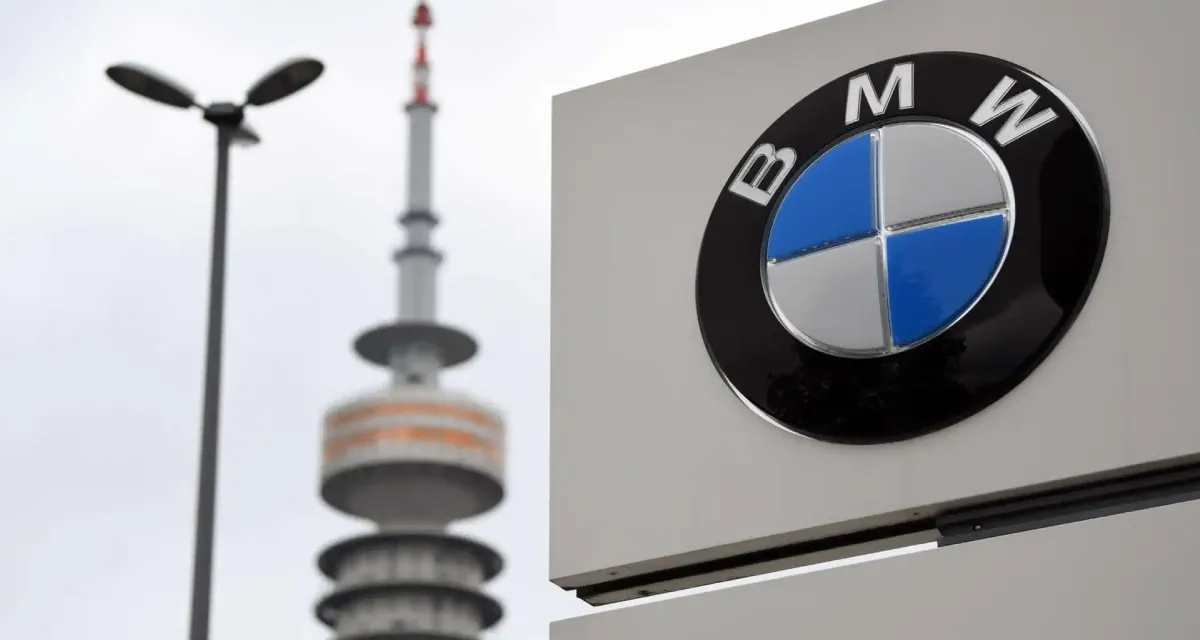
BMW Announces Massive Recall of 1.4 Million Vehicles in China Due to Airbag Defects

BMW Announces Massive Recall of 1.4 Million Vehicles in China Due to Airbag Defects
In a major move to address safety concerns, BMW has announced a significant recall affecting 1.4 million vehicles in China. This decision, revealed by the country's State Administration for Market Regulation (SAMR), comes in response to potential hazards associated with faulty airbags supplied by Japan's Takata Corporation. This recall is part of an ongoing global issue related to Takata airbags, which have been at the center of numerous safety recalls over the past decade.
The recall encompasses a broad range of BMW models produced between 2003 and 2017. Specifically, the action includes nearly 600,000 vehicles produced locally by BMW Brilliance Automotive, a joint venture between BMW and a Chinese partner, as well as approximately 760,000 imported vehicles. The affected cars may have had steering wheel refits that incorporated Takata airbags, which are known to have defective inflators that could rupture upon deployment. This defect poses a serious risk, as it could cause fragments to eject from the airbag, potentially injuring occupants.
The issue with Takata airbags has been a significant problem in the automotive industry for years. The defective airbags have led to numerous recalls globally since the issue first came to light in 2014. Takata Corporation, once a major airbag supplier, went bankrupt in 2017 as a result of the financial burden from the recalls. The problem has been widespread, with many manufacturers being affected. For instance, Ford recalled three million vehicles containing Takata airbags in 2021, highlighting the extensive nature of the issue.
Earlier this year, BMW also initiated a recall of nearly 400,000 vehicles in the United States for the same airbag defect. This latest recall in China underscores the ongoing global nature of the problem and the necessity for manufacturers to address safety issues across all markets.
To address the safety concerns, BMW will replace the defective front airbags in the affected vehicles at no cost to the owners. This initiative reflects the company's commitment to ensuring vehicle safety and maintaining customer trust. BMW's proactive approach in rectifying these issues is part of a broader effort to manage and mitigate risks associated with defective components.
China, being the world’s largest automotive market, plays a crucial role in the global automotive industry. The recall of such a large number of vehicles highlights the challenges and responsibilities manufacturers face in ensuring product safety. In recent months, the Chinese automotive market has seen significant shifts, with hybrid and electric vehicles accounting for over half of the total vehicle sales in July. This trend signifies a growing consumer preference for more sustainable and technologically advanced vehicles.
As the recall process unfolds, BMW will need to navigate the logistical and operational challenges of replacing airbags in over a million vehicles. This situation also serves as a reminder to consumers and manufacturers alike about the importance of rigorous safety standards and quality control in the automotive industry. The Takata airbag issue, while unfortunate, has prompted a more robust approach to safety recalls and has spurred advancements in automotive safety technology.
The BMW recall of 1.4 million vehicles in China is a significant event in the automotive industry, reflecting both the ongoing challenges of addressing safety defects and the critical importance of consumer protection. As BMW works to resolve these issues, the industry will continue to focus on improving safety measures and ensuring that such defects are identified and addressed promptly. The situation underscores the need for vigilance and accountability in maintaining vehicle safety standards, which ultimately serves to protect drivers and passengers worldwide.
Also Read: